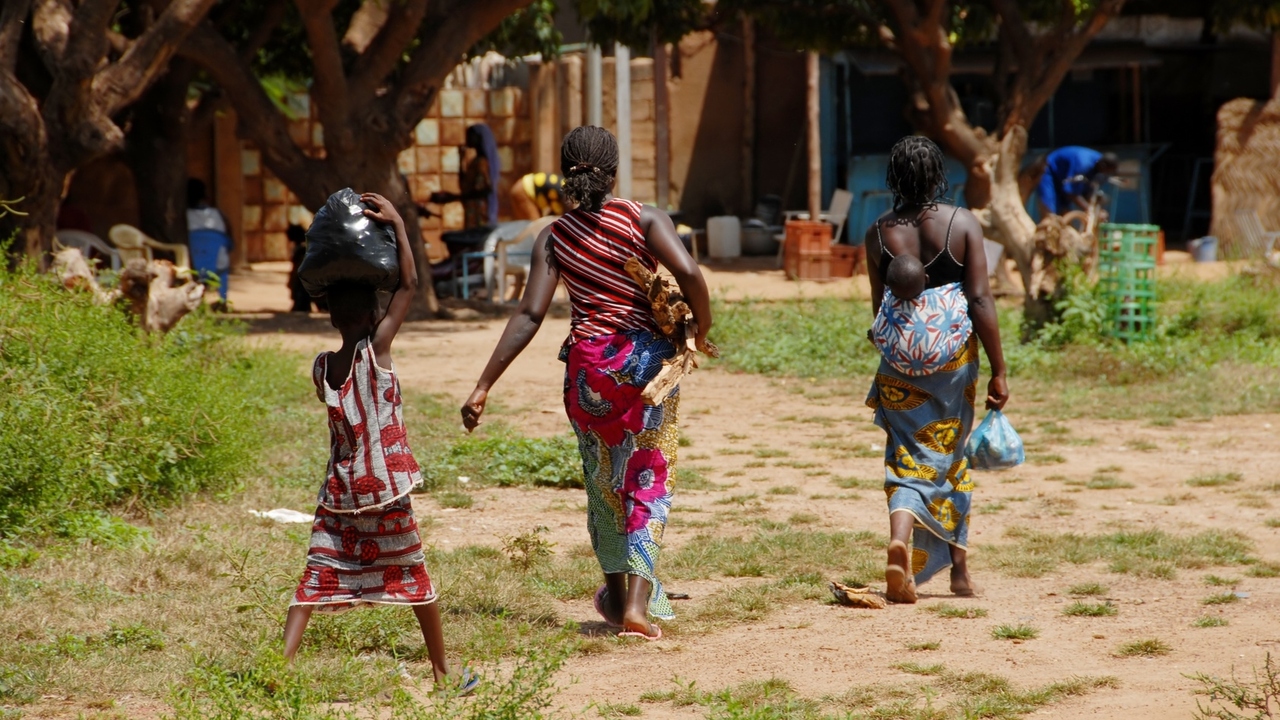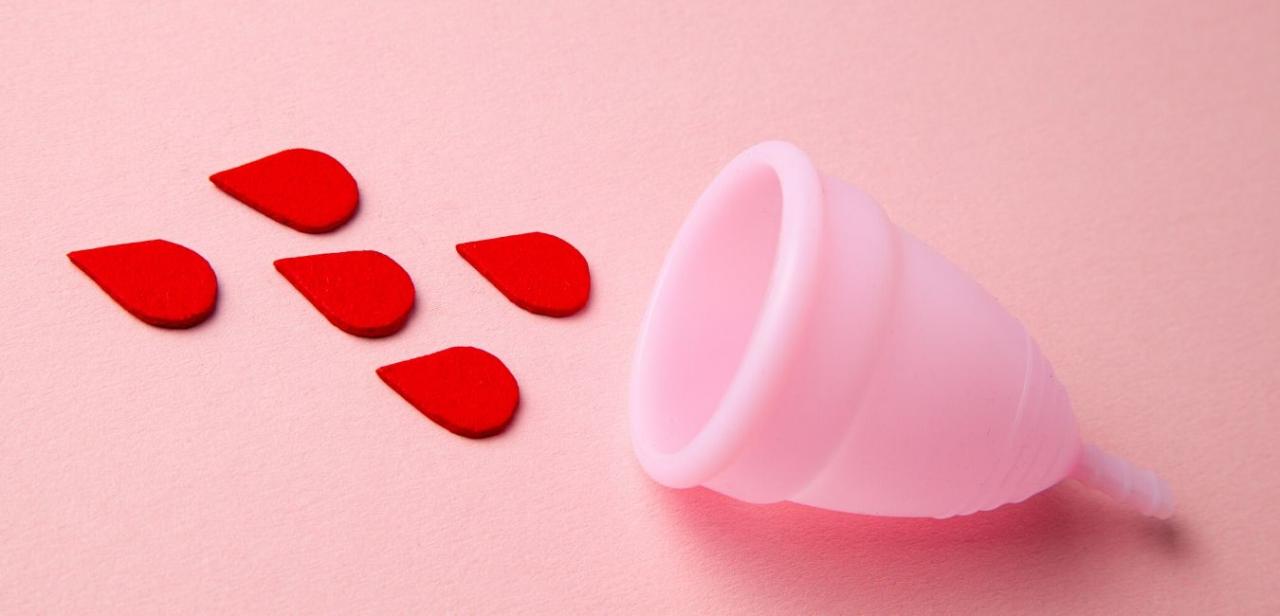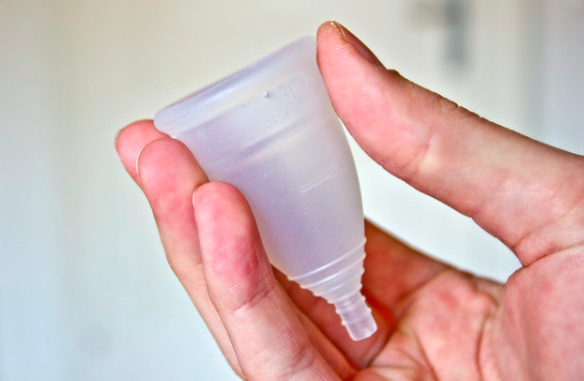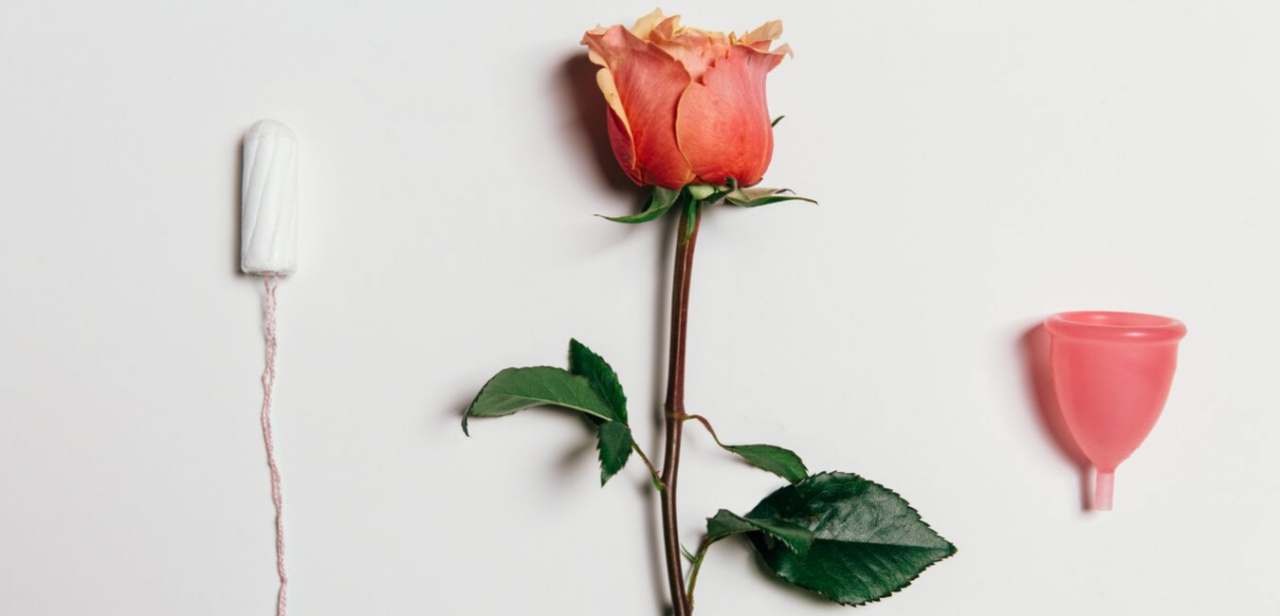 africa/Fotolia
africa/Fotolia
It just seems natural to North American girls and women to feel put upon and inconvenienced when their period starts, especially if the arrival is unexpected. But these are first world problems. In other parts of the globe, menstruation can have serious consequences.
The combination of insufficient resources, and local taboos make menstruation a complicated problem for girls and women in many countries. Going to school or to work may become impossible.
In many countries, according to the U.S. National Library of Medicine, of the National Institutes of Health, schools have neither latrines nor indoor bathrooms with doors for girls. Water may be a distance away, so the simple need to wash off blood can't be met. And where do they dispose of their used rags or cloths, privately so they are not ridiculed?
Such situations make girls and women less than secure in the fact that menstruation is a natural function.
Menstrual hygiene management has been way down the list for too long, in helping girls and women in poorer countries with sexual and reproductive needs. Contraception, STI prevention, and family planning have taken precedence up until recently.
Nongovernmental groups, United Nations Children’s Fund (UNICEF), other international groups have begun to focus attention on this problem.
Research in 2001 involving girls in Ghana, Kenya, Uganda and Zimbabwe highlighted poor sanitation, lack of education in menstrual hygiene management, and the awkwardness that comes with having mostly male teachers with traditional and unenlightened views. The case studies were funded by the Rockefeller Foundation.
For many girls in other countries, school is tough but home is not any better. Few girls may be learning what to expect at home, and may feel the need to be secretive out of fear of getting in trouble. Some girls may be afraid that they are very sick, or in danger healthwise. Others may fear that their families will believe their periods somehow indicate that they've been sexually active.
A study done in India involved almost 100,000 girls. Nearly half of the girls were ignorant about menstruation when they had their first periods. They understandably were afraid they might be dying, because of pain and bleeding.
A general raising of awareness among the males in many of these countries would also make girls and women more comfortable and less targets for rude and ill-informed remarks and harassment.
In India, for instance, girls and women may not be allowed to cook, or go to the temple, or be around other people because they are considered impure or cursed.
Brown paper bags are the container of choice for many girls and women carrying home their sanitary pads from a store to prevent humiliation about what they're carrying. And their men are not likely to be asked to buy such items. Or if a girl or woman has the temerity to ask, the answer is not likely to be yes.
It's not easy to wash and dry cloths or rags that have been repeatedly reused without anyone seeing. But that's the reality for many. These items are unlikely to be seen hanging outside from a clothesline. And often, they don't dry completely, remaining dank and damp. And the next month, these cloths will be partially cleaned and partially dried again.
According to BBC.com about one in five Indian girls leave school after they start to menstruate.
Inexpensive sanitary supplies are now being provided for women in India who have not had access to hygienic products till now.
Comic books and informative booklets are being created and distributed in India.
Nigeria has Menstrual Hygiene Day, since 2014. The international organization WaterAid Nigeria is working toward better conditions for girls in regards to menstruation.
Its Country Representative Dr. Michael Ojo was reported by Tribuneonlineng.com as saying, “In some communities in West Africa, women and girls are not allowed to use water sources and latrines during menstruation, the very facilities they need the most during this time."
A WaterAid Nigeria study indicated that myths and taboos abound, even including a belief that a girl or woman during menses is possessed by evil spirits.
In sub-Saharan Africa, girls miss school or drop out completely, because they don't have access to water, toilets or sanitary products.
Menstrual Hygiene Day is meant to help break taboos and misinformation, and to help girls and women to take their rightful place in their cultures.
Plan International is building toilets that will provide privacy for girls on their periods. Information is being provided to health workers and teachers, and to communities at large.
Kenya has UN Women which assists in providing access to free sanitary products.
Women spend on average 3,000 days of menstruation in their lives, according to Unicef.org. Yet many girls and women do not have safe, hygienic products to use month to month for a natural, healthy bodily function. And let's face it. Without menstruation, the human race would cease to exist.
Feeling bad about yourself and like you need to hide away a dozen times a year during menstruation has to be a bad thing for a person's self-image and self-esteem. Change has been a long time coming, and there is much room for improvement. But perhaps one day the worst thing a girl in countries like India, Nigeria and Kenya will have to say about her period is that it showed up at an inconvenient time. And she can complain about it, and go on with her life unimpeded.
Reviewed July 1, 2016
by Michele Blacksberg RN
How Girls Manage Their Periods When Pads & Tampons Aren't Always An Option. Refinery29.com. Retrieved June 29, 2016.
http://www.refinery29.com/2016/04/108977/girls-first-period-menstruation#slide-1
Overcoming the Taboo: Advancing the Global Agenda for Menstrual Hygiene Management for Schoolgirls. Retrieved June 29, 2016.
http://www.ncbi.nlm.nih.gov/pmc/articles/PMC3780686
Menstruation matters…period. Blogs.unicef.org. Retrieved June 29, 2016.
https://blogs.unicef.org/blog/menstruation-matters-period
100 Women 2014: The taboo of menstruating in India. BBC.com. Retrieved June 29, 2016.
http://www.bbc.com/news/world-asia-29727875
WaterAid Nigeria integrates menstrual hygiene management in WASH interventions. Tribuneonlineng.com. Retrieved June 29, 2016.
http://tribuneonlineng.com/wateraid-nigeria-integrates-menstrual-hygiene-management-in-wash-interventions
Menstrual Hygiene Day tackles issues that make girls miss school. Aworldatschool.org. Retrieved June 29, 2016.
http://www.aworldatschool.org/news/entry/menstrual-hygiene-day-helping-girls-go-to-school-1994






Add a CommentComments
There are no comments yet. Be the first one and get the conversation started!